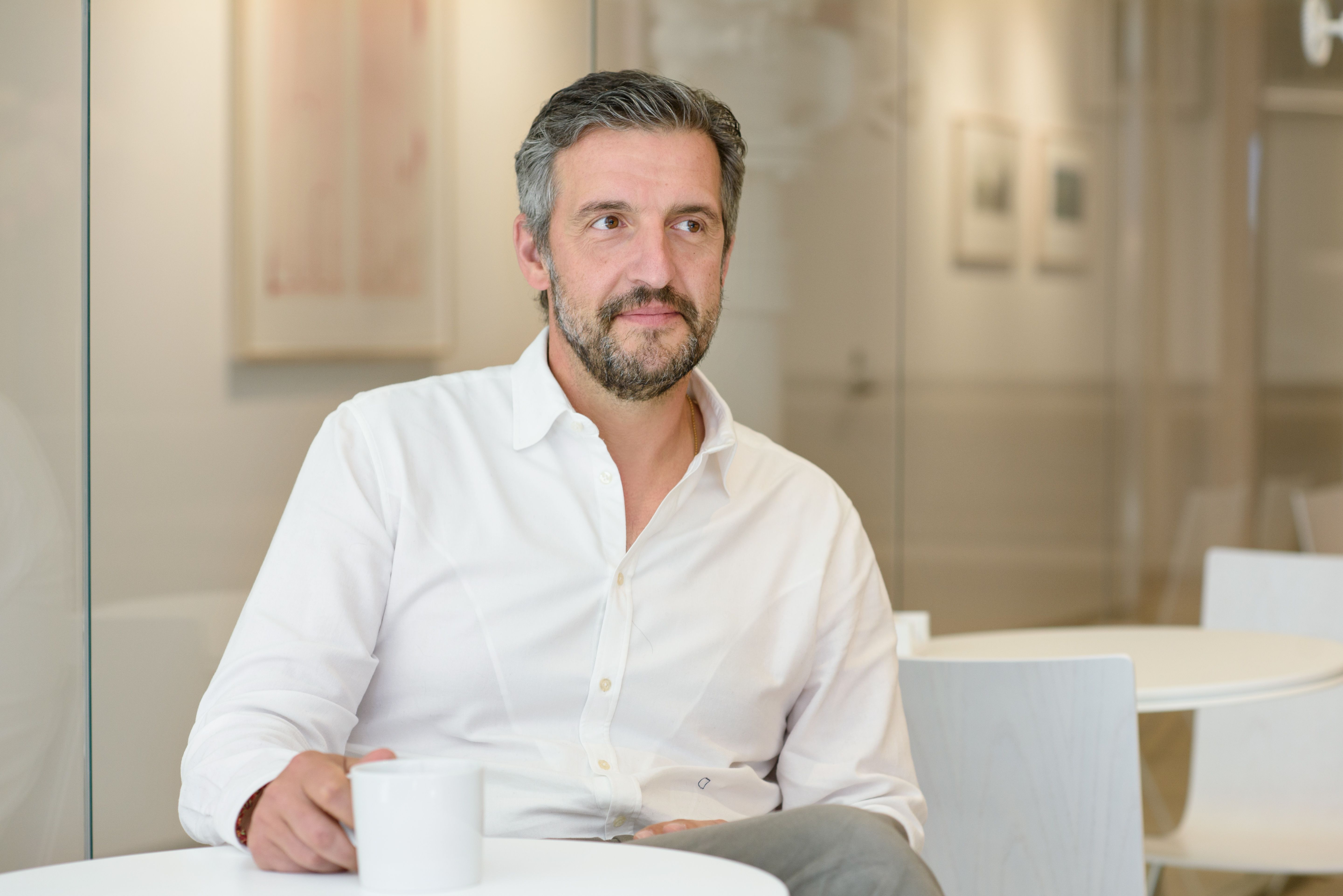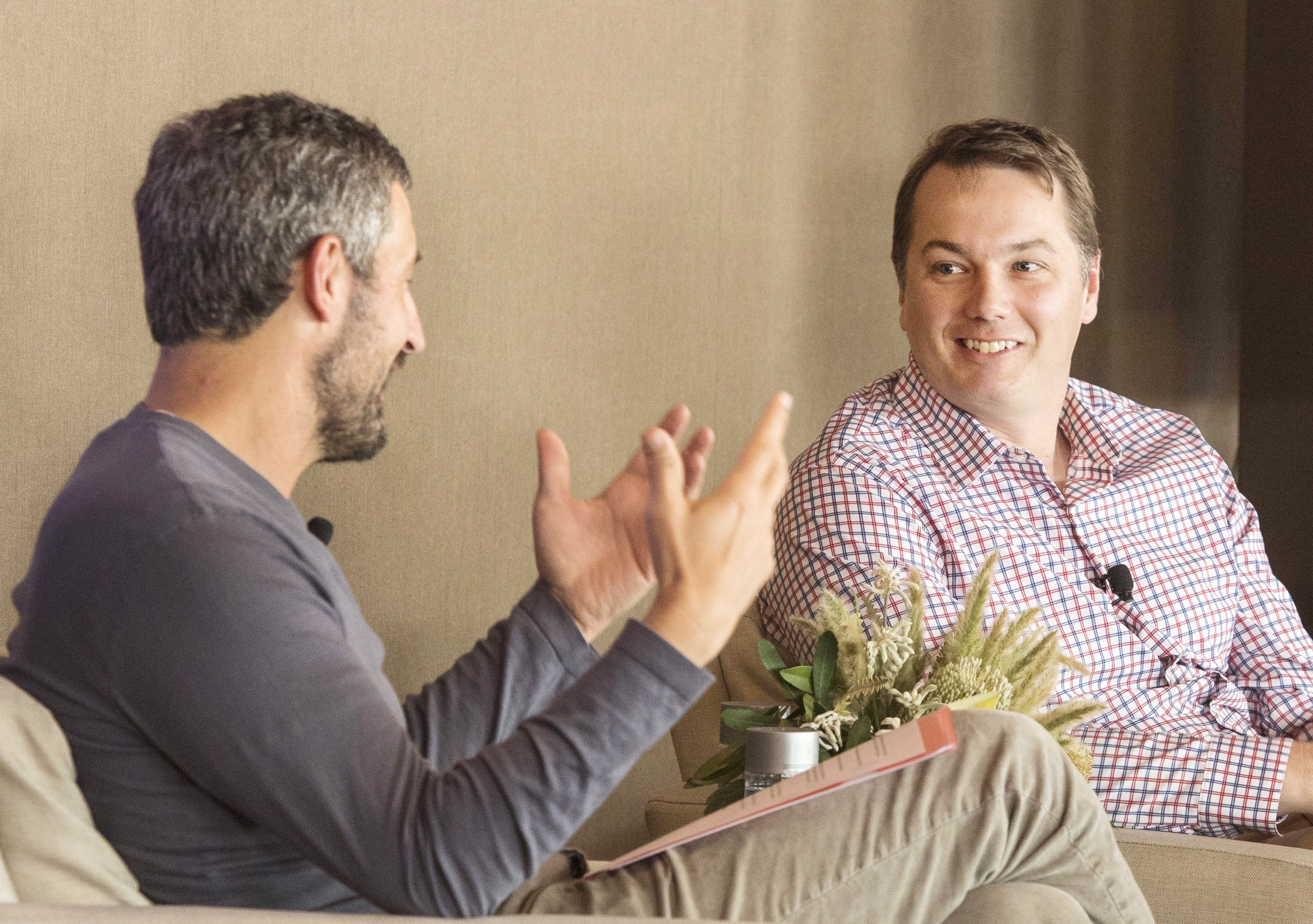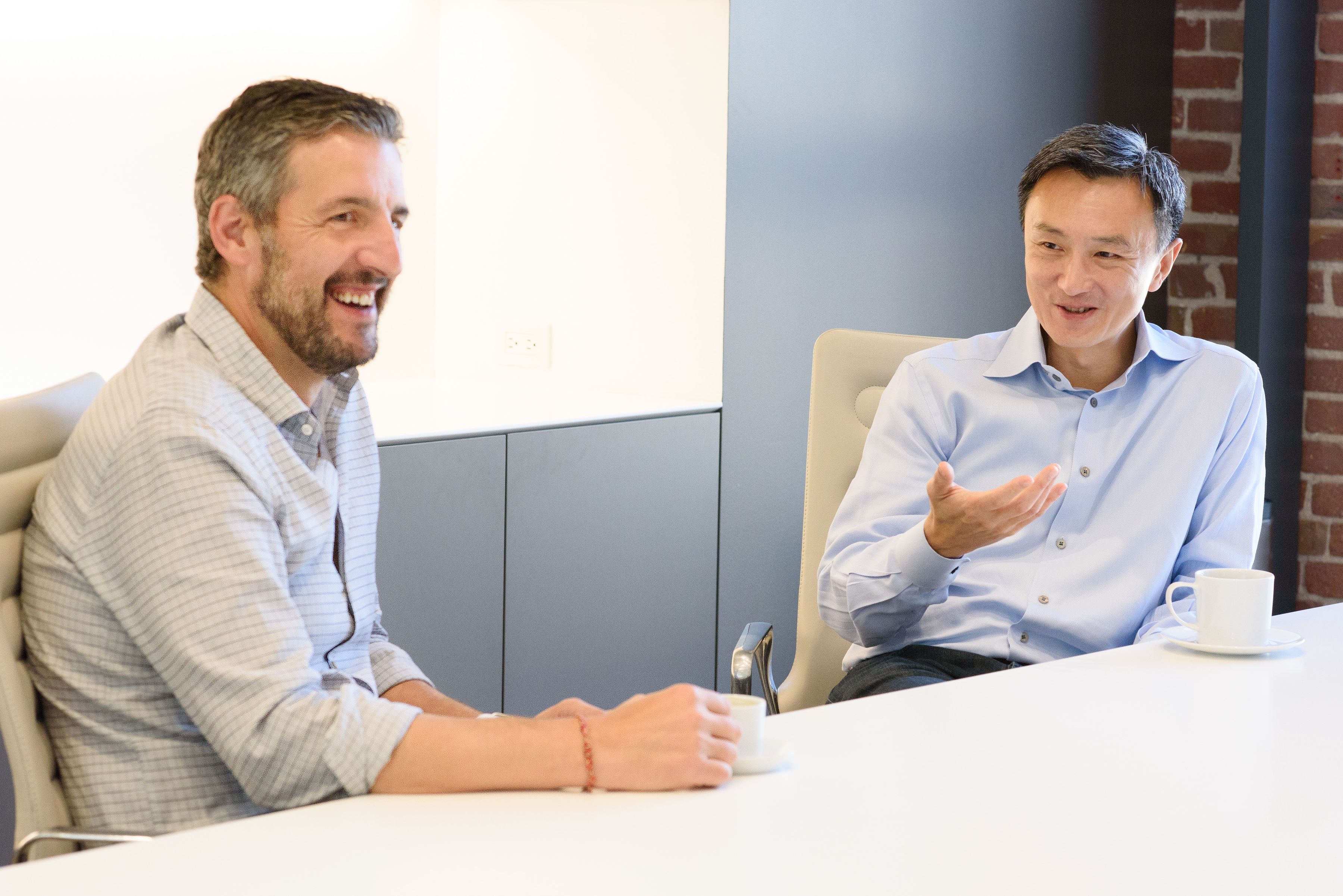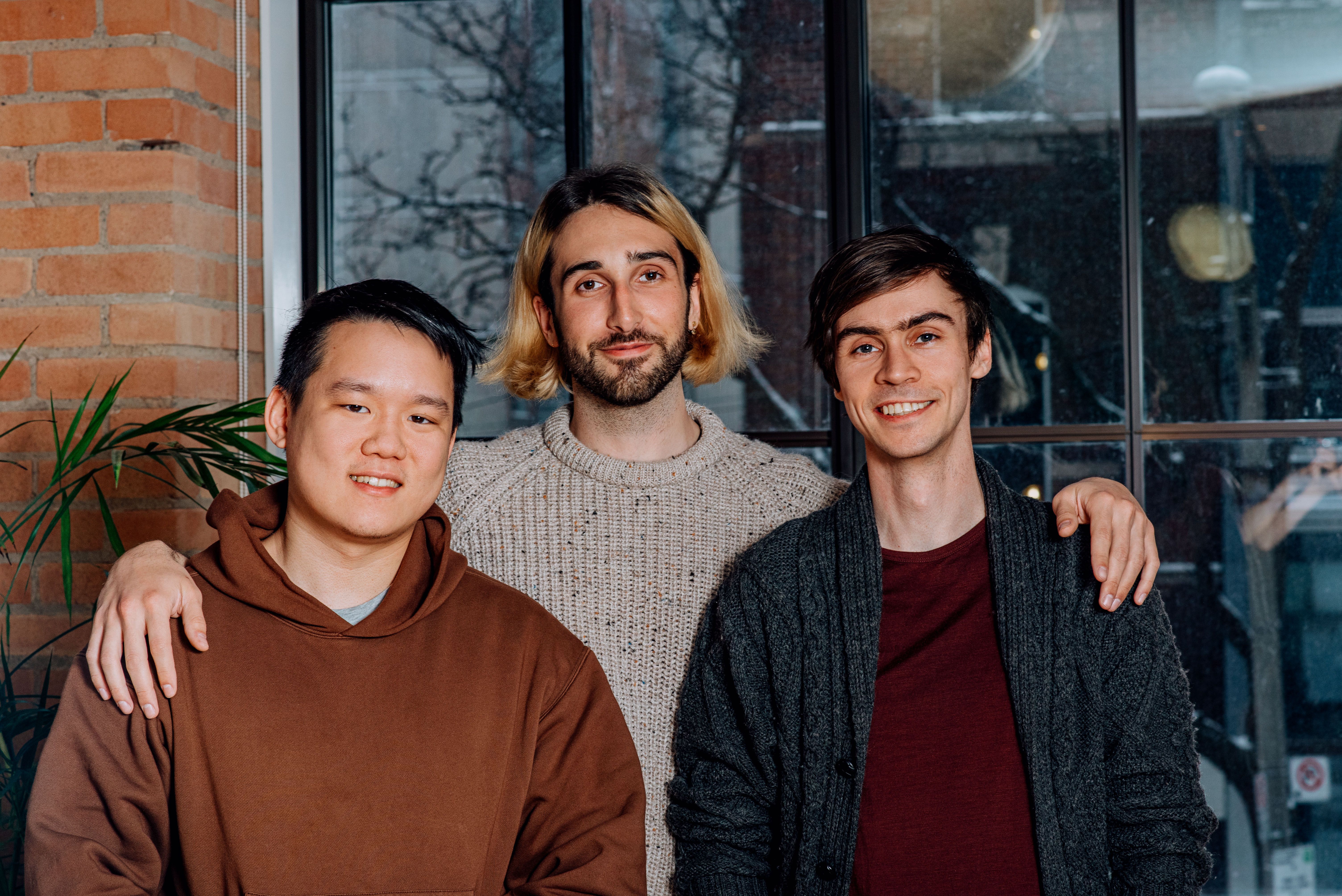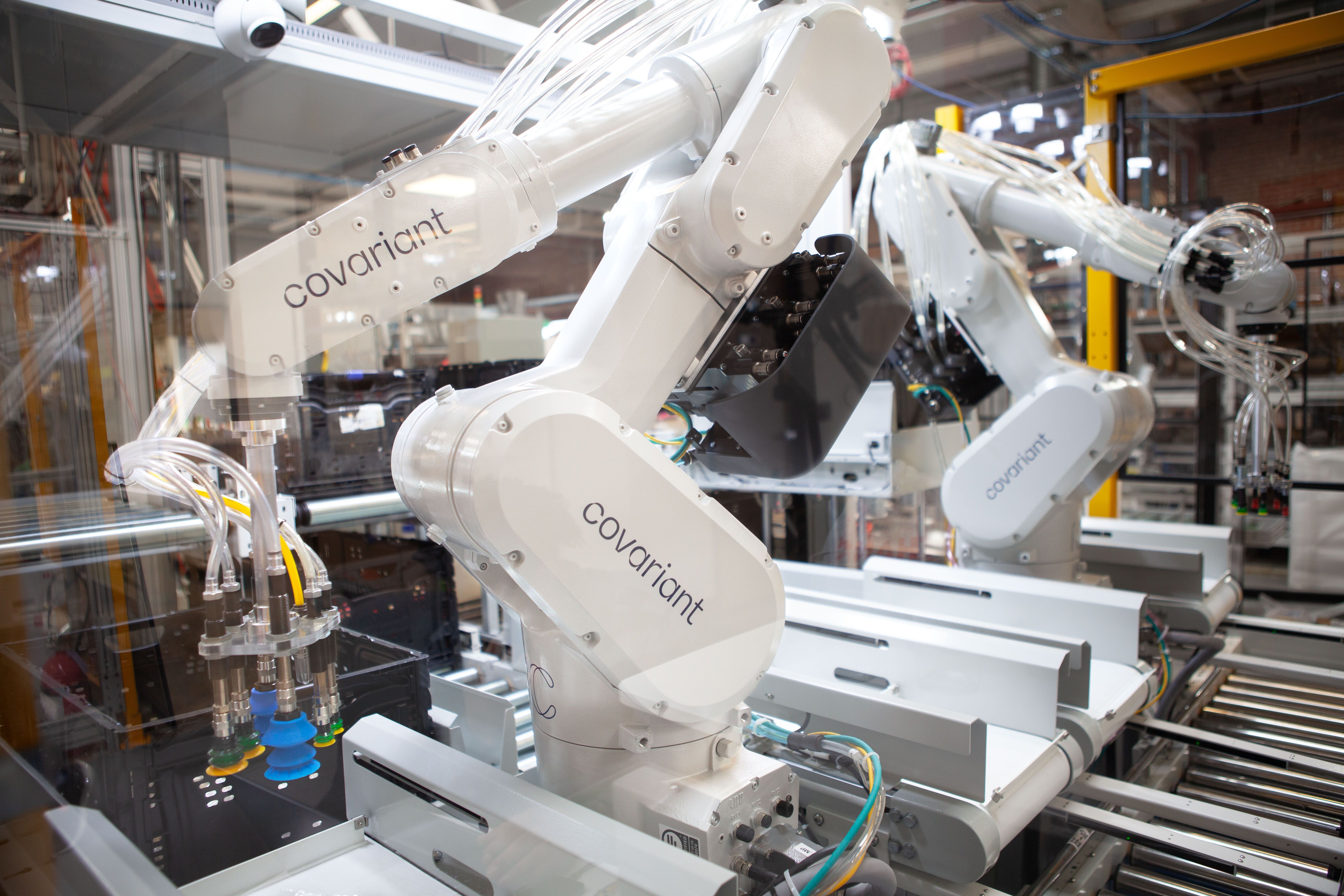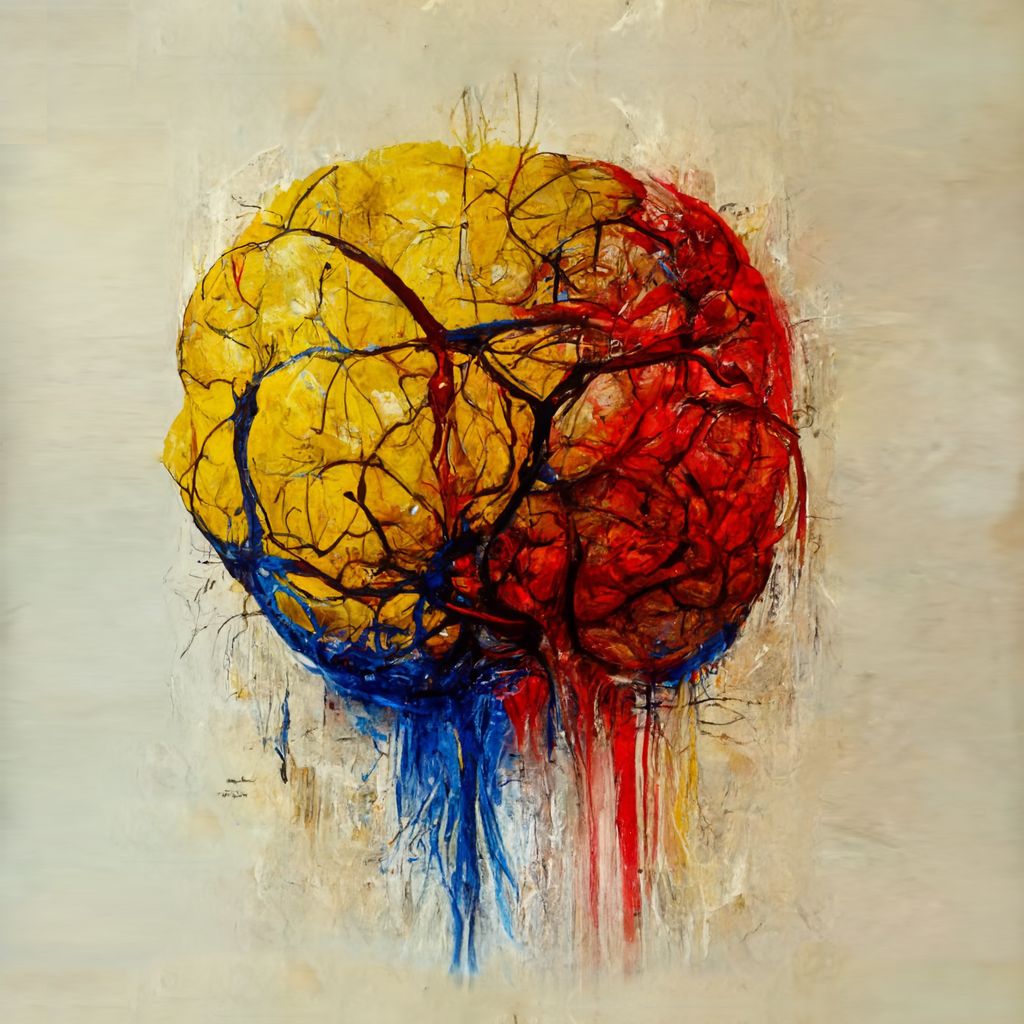Mike's extensive industry experience, sound strategic counsel and commitment to helping us achieve our mission make him a valued partner to me, my team and Sonos.Patrick Spence,
CEO of Sonos
Mike joined Index in 2009, to establish the firm's San Francisco office and North American operations with Danny Rimer. Mike invests primarily in artificial intelligence, infrastructure, and open-source companies. He's currently serving on the boards of Aurora, ClickHouse, Cockroach Labs, Cohere, Confluent, Covariant.ai, Kong, Scale, Sonos, and Wealthfront. Mike was previously a director of Blue Bottle Coffee, Elastic, Hortonworks, and Zuora.
Nine companies that Mike has invested in have had a successful IPO including Confluent, Elastic, Aurora, Sonos, Slack, Pure, Zuora, Arista, and Hortonworks.
Before Index, Mike held several executive positions including Chief Strategy Officer and SVP/GM of Cisco's routing business. Mike managed a P&L of over $10 billion in revenues, and his team was responsible for the acquisition of over 70 companies, some of which were multi-billion deals.
Mike has a B.S. in mechanical engineering and an M.S. in manufacturing systems engineering from Stanford, and an M.B.A. from the Stanford Graduate School of Business. He currently serves as a Non-Executive Director on the Board of Ferrari N.V.
You’re described internally as ‘Yoda.’ How did you get that nickname?
Mike — I think probably it’s because I've been around a bit longer and had a variety of experiences. I started my life as an engineer and worked as an executive at Cisco and a startup CEO. Venture capital has been a journey I’ve been on for about 9 years. Hopefully, the relative accumulation of those experiences is useful to the team. I see my role as helping to provide some level of context, which is a really important thing.
Why is AI such a powerful and productive tool?
Mike — We hear a lot about AI is going to replace and take away jobs, and how we should be worried about that because it’s going to cause mass unemployment. I have a very different philosophy. Actually, machines have a really hard time doing the complicated things we do with our minds and with our hands, and will for a while. Digitally thinking machines or robots with physical attributes tend to do a good job replacing tasks that aren't that fun for human beings. The first commercial robots were used in automotive factories for tasks like welding. AI-enabled systems are going to take on tasks that are repetitive, straining for human beings, and not the most desirable.
What are the key principles for building an open source company?
Mike — Standard belief used to be that you couldn’t build a business with the whole world looking at your software. That’s changed. Modern open source companies develop software internally to preserve moral authority over the base, and there’s proprietary IP that belongs to the company, but you still have to build a product that appeals to the wider community of software developers. They are your point of entry, evangelists, marketing department, and product management team. They identify features they like or dislike, and tell you how to improve. Embrace, engage, and take advantage of that community.
Mike has worked with industry leaders like Aurora, ClickHouse, Cohere, Confluent, and Scale.
Perspectives
In The News

